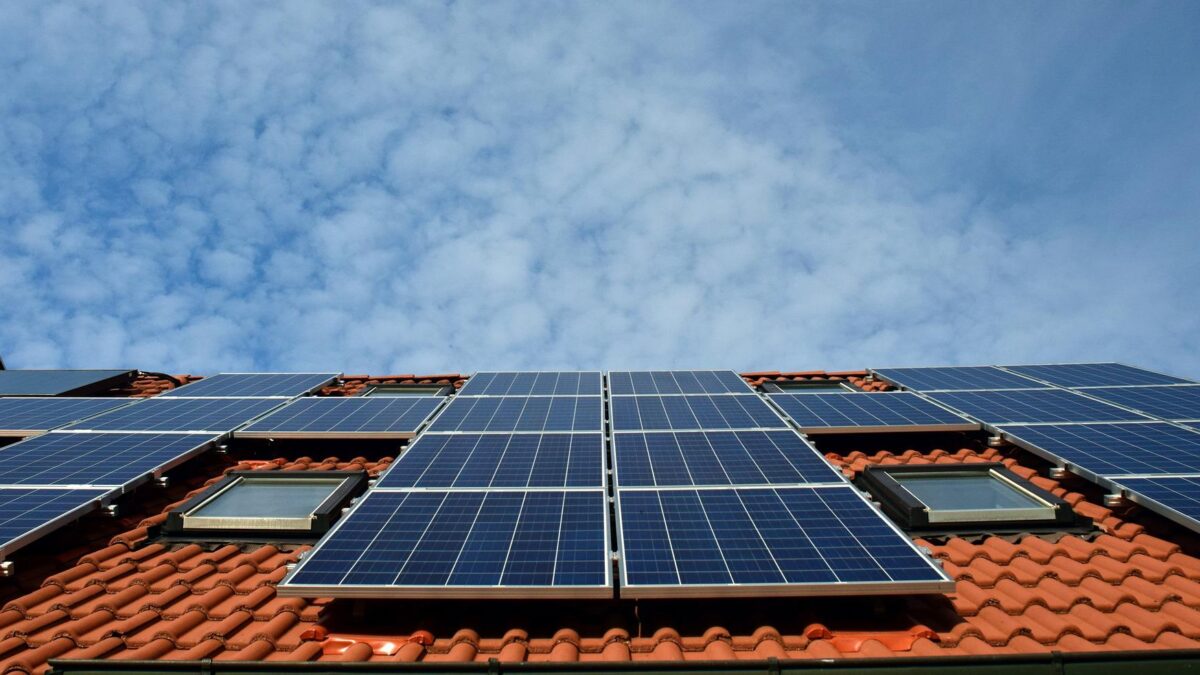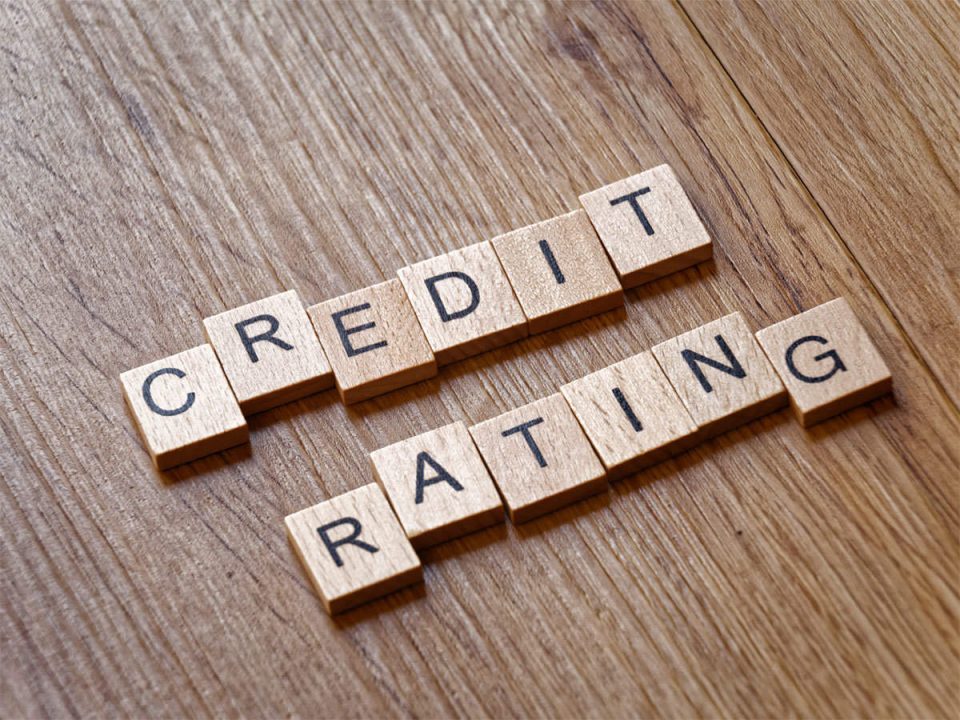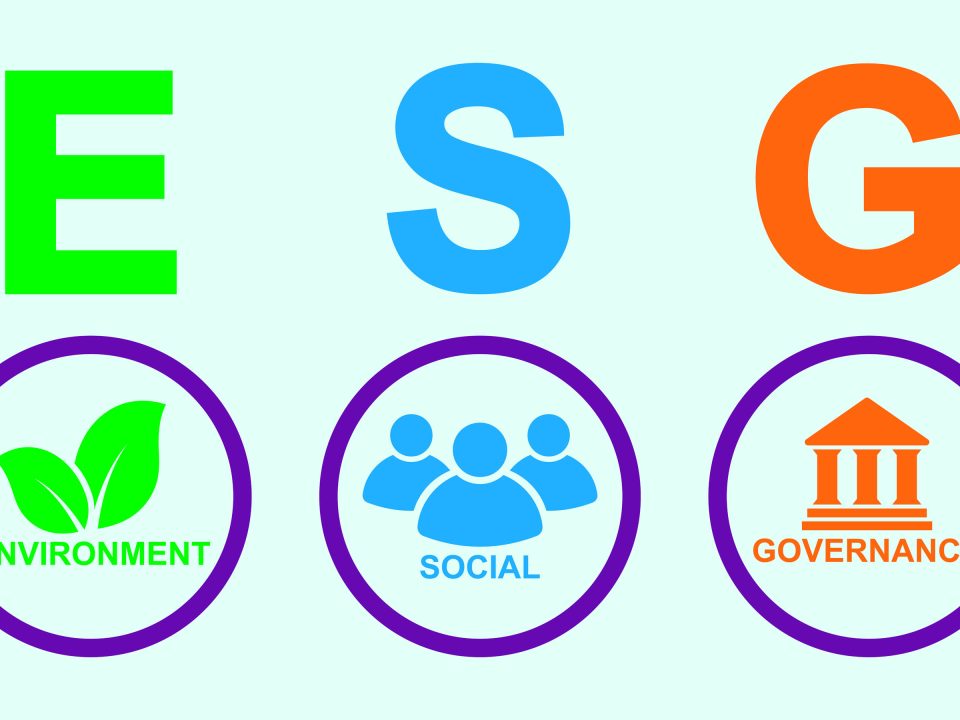
Sustainable Cities in sub–Saharan Africa
August 24, 2022
Trade Routes for The Emerging Hydrogen Economy
October 11, 2022Should Ghana Consider Commercializing Solar Energy? Ghana has a robust power generation sector due to mutual involvement by public and private companies. Areas in the power sector which had previously been dominated by public sector participants encountered reforms in the 1980s, gradually removing barriers and creating a level playing field for the participation of independent power producers as well. Energy sources used to generate electricity, as well as, those available in the marketplace with a specific price are known as commercial energy sources. The most commercialized forms of energy sources are electricity, coal, and advanced petroleum products. Hydro generation, as well as thermal generation fueled by crude oil, natural gas, and diesel, continue to be the main sources of Ghana’s power supply.
Currently, Ghana’s electricity generation is dominated by thermal plants, which account for 63.48% of total installed capacity. Hydropower plants, which used to be the main source of electricity in the country now account for about 36% of the total installed capacity.
Benefits of commercializing Solar Energy
Considering the recent shift of many economies towards clean energy, discussions about the many ways in which solar energy can benefit the environment are ubiquitous. Common amongst them is that solar power can reduce carbon emissions and dependence on non-renewable energy resources such as fossil fuels. However, in what ways can solar energy affect the economy and the environment?
Benefits to Consumers:
Lowers utility tariffs: A utility tariff is a pricing structure that governs how an energy provider charges the customer for their energy usage. Investing in solar can reduce tariff significantly as this form of energy relies on ultraviolent (UV) rays. The clean energy created can offset the costs associated with electricity usage, resulting in lower payments overtime and allowing the user to recuperate the cost of their investments (in solar panels)
Benefits to the economy:
Employment opportunity: With Ghana’s current unemployment rate hovering around 8.4% of the labor force, as more people become interested in installing solar panels, more energy employees are needed to meet demand. This sector requires jobs for manufacturing, installation and maintenance. By investing in solar, a new job market will emerge, bolstering the local economy.
Benefits for Domestic and commercial activities:
Solar assists during emergencies: Grid power can be disrupted by natural disasters such as floods and earthquakes. Thankfully, solar panels provide a powerful alternative when traditional electricity from sources such as hydropower and thermal fails during emergencies, as the sun can still provide the needed energy to power solar panels. In addition, using solar power will also help to reduce carbon emissions, which have an impact on climate change and worsen natural disasters
Benefits to Businesses:
Solar incentives for commercialization: The government of Ghana actively promotes renewable energy. The goal is to step up the percentage of renewable energy in the energy mix of the country. There are several programs and initiatives in place to enhance the subsidies for solar commercial businesses in Ghana. Besides the government subsidizing the solar sector, there are also other ways to finance (new) solar initiatives:
The Renewable Energy Fund provides financial resources for the promotion, development, management and utilization of renewable energy sources. These sources include grid, off-grid and mini-grid sources and renewable energy projects that do not have an electricity purpose. Moreover, the applications for the money from the fund are very broad and include the promotion of research, production, innovations and an infrastructure for renewable energy.
The government also supports the solar sector by exempt duties and VAT, which is similar to subsidies for solar in Ghana. Firstly, all imported solar panels into Ghana are VAT free. As for import duty, industrial/energy plants, machinery or equipment have an exemption. Lastly, all off-grid solar system components benefit from VAT exemptions.
More than enough energy is provided by the sun to meet the whole world’s energy needs. Unlike fossil fuels, it will not run out anytime soon. As a renewable energy source, the only limitation of solar power is our ability to churn it into electricity in an efficient and cost-effective way in Ghana.




